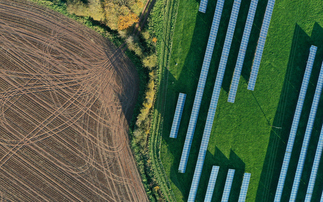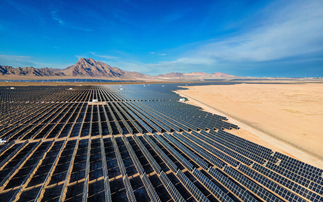In the second part of the series, BusinessGreen Plus asks industry experts what companies can expect when installing solar systems
Businesses should also think about how to minimise disruption and ensure staff safety while the work is going on.
Many companies don't realise that when the system is switched on for the first time the building's electricity supply will need to be turned off. This should ideally be scheduled for weekends or at times when the disruption will have the least impact, while back-up generators for vital appliances like freezers may need to be used, albeit briefly.
Post-installation
Registering for FiT payments can be a complex process, but most installers will be able to help clients with the paperwork. While systems under 50kW go through the MCS system, higher capacities must be registered through Ofgem's ROO-FIT process, which can take longer.
Companies will also have to give thought to maintenance, although many installers will offer support packages and, in reality, caring for solar systems is less arduous than many think. While the electrics need routine checks, the panels themselves rarely encounter technical problems.
"In a country like the UK where there is regular rainfall, [panels] may not need much cleaning," Ferenczi says. "Panels are very resilient – examples of them just spontaneously breaking are pretty rare."
However, it is well worth considering installing a monitoring system to check the array is performing as it should be. Many systems will give real-time feedback to the person responsible, and when displayed in reception areas they help advertise the company's green credentials. More advanced systems will be able to email alerts if the system goes down and even point to possible faults.
"Knowing how to check your system is important – it's that last little thing that often gets forgotten," Cotterell says. "Most people only check their FiT reports quarterly, but if you have a problem at the beginning of a FiT period you may miss a whole quarter's generation – and a significant income."
With the system in place and registered for the feed-in tariff, all that is left to do is hope for sunny weather, and watch the financial and environmental benefits from this most effective of clean technologies start to roll in.
For more advice on solar installations resources are available from:








